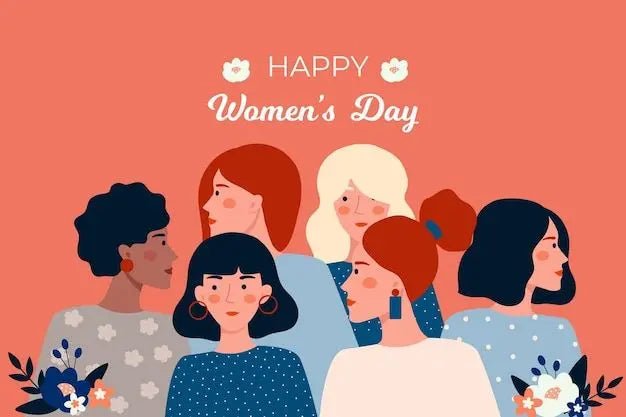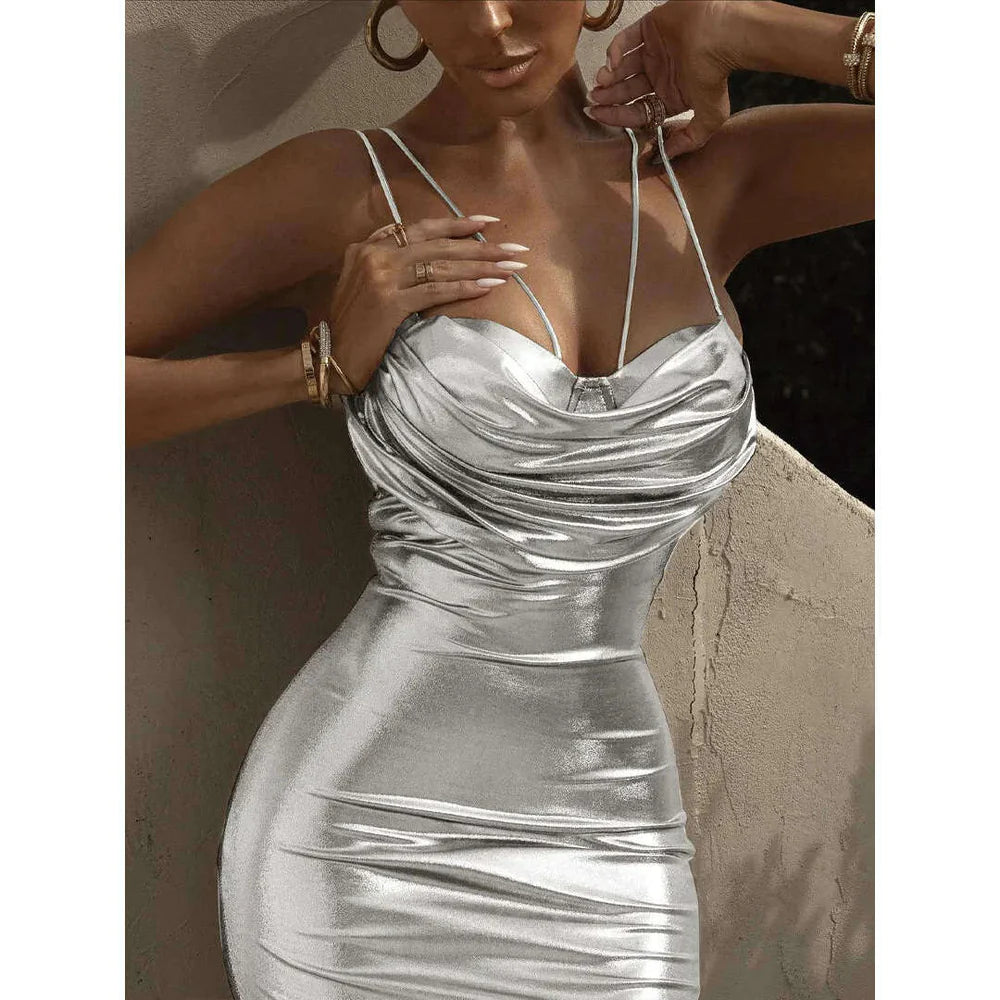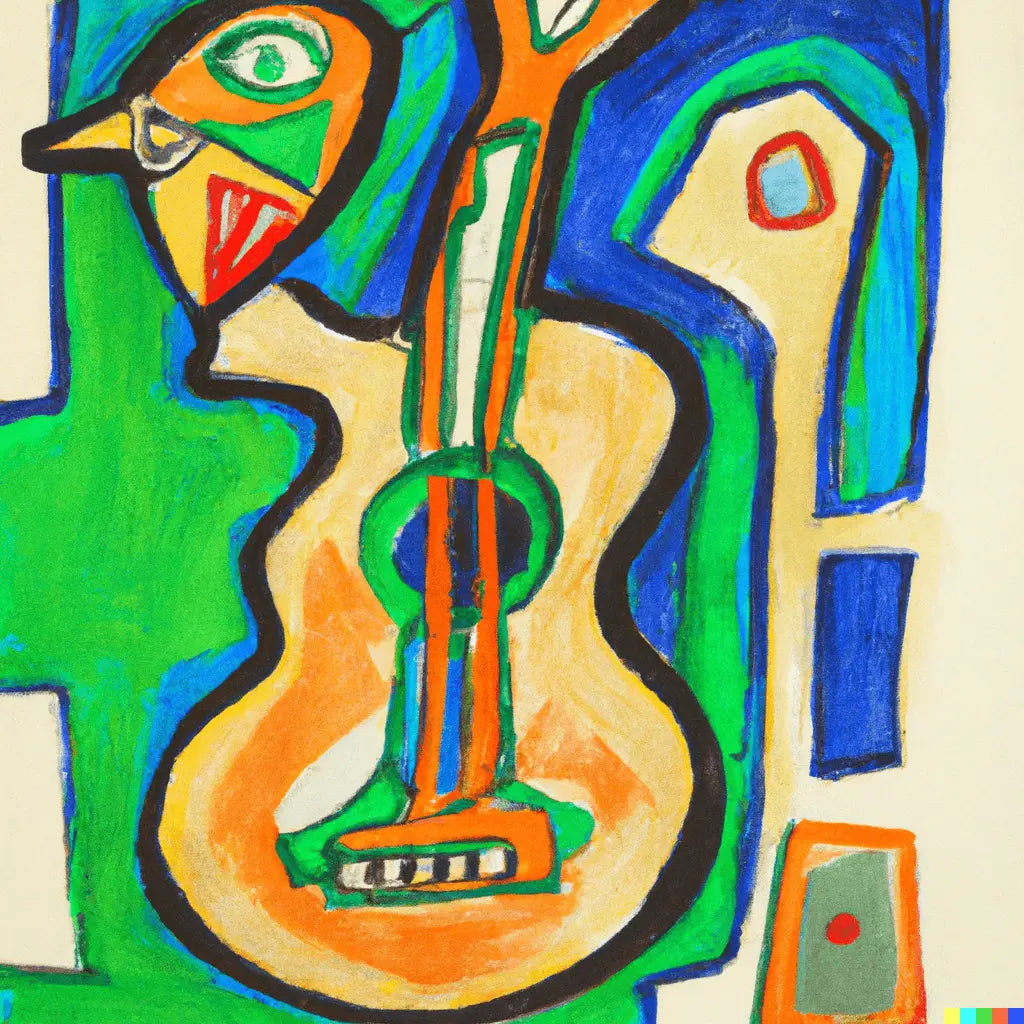
International Women's Day
Breaking Barriers and Building Bridges: Celebrating Feminism and International Women’s day
International Women's Day is a day to celebrate the social, economic, cultural, and political achievements of women around the world. It's a day to acknowledge the contributions women have made throughout history, and to recognize the ongoing struggle for gender equality. Feminism, the movement for gender equality, has been at the forefront of this struggle for decades. From the suffragette movement to the #MeToo movement, women have been fighting for their rights and breaking barriers that have held them back. As we celebrate International Women's Day and the progress made in the fight for gender equality, it's also important to acknowledge that there is still work to be done. In this article, we will explore the achievements of feminism, the challenges that still exist, and the ways in which we can continue to build bridges towards a more equitable future for all women.
Women's Rights Activists
There are countless inspirational women's rights activists and feminists in the world that young women can look up to and follow. Here are just a few examples:
Malala Yousafzai:
Malala is a Pakistani activist for female education and the youngest Nobel Prize laureate. She survived an assassination attempt by the Taliban for her advocacy work and continues to fight for education and women's rights.
Emma Watson:
The British actress and UN Women Goodwill Ambassador is known for her advocacy work around gender equality and the #HeForShe campaign.
Tarana Burke:
The founder of the #MeToo movement, Burke is an activist and advocate for survivors of sexual violence.
Gloria Steinem:
An American feminist and journalist, Steinem has been a prominent figure in the feminist movement for over 50 years and co-founded Ms. Magazine.
Chimamanda Ngozi Adichie:
A Nigerian author and feminist, Adichie is known for her TED Talk "We Should All Be Feminists" and her work promoting gender equality.
Women's Rights Advocacy
The history of women's rights advocacy dates back centuries and has been marked by significant achievements and setbacks. From the suffragette movement of the late 19th and early 20th centuries to the modern-day fight for equal pay and reproductive rights, women have been fighting for their rights and recognition as equal members of society.
Feminism during the mid-20th Century
The first wave of feminism began in the mid-19th century and focused on women's suffrage, or the right to vote. In 1848, the first women's rights convention was held in Seneca Falls, New York, and the Declaration of Sentiments was drafted, which called for women's rights in a variety of areas, including voting, education, and employment.
Early 20th century activism
In the early 20th century, suffragettes organized and protested for the right to vote. In 1918, women over the age of 30 were granted the right to vote in the UK, and in 1920, the 19th Amendment was ratified in the United States, granting women the right to vote.
The second wave
The second wave of feminism began in the 1960s and focused on a wide range of issues, including reproductive rights, workplace discrimination, and sexual violence. The movement gained momentum in the 1970s and led to significant legislative achievements, such as the passage of Title IX, which prohibited gender discrimination in education, and the Roe v. Wade Supreme Court decision, which legalized abortion in the United States.
The third wave
The third wave of feminism began in the 1990s and continues to this day, focusing on intersectionality and inclusivity, and addressing issues such as gender-based violence, wage inequality, and representation in politics and media.
Today
Despite the progress made in the fight for women's rights, there is still work to be done to achieve true gender equality. Women continue to face discrimination and violence, and many women around the world still do not have access to basic human rights such as education and healthcare. The history of women's rights advocacy serves as a reminder of the power of collective action and the importance of continuing to fight for a more equitable future for all.
How is women’s rights advocacy going on right now?
Women's rights advocacy is still an ongoing struggle in the modern day, with activists and advocates working to address a range of issues affecting women around the world. Here are a few examples of how women's rights advocacy is going on in the modern day:
Reproductive rights:
Access to reproductive healthcare, including contraception and abortion, remains a contentious issue in many countries. Women's rights advocates are working to protect and expand access to these services.
Gender-based violence:
Women continue to experience high rates of gender-based violence, including sexual assault, domestic violence, and human trafficking. Advocates are working to raise awareness of these issues and push for policies and programs to address them.
Workplace equality:
Women still face a significant wage gap in many countries, as well as discrimination and harassment in the workplace. Women's rights advocates are pushing for policies and laws to address these issues and ensure equal pay and opportunities for women.
Political representation:
Women are often underrepresented in politics and government, both in terms of elected officials and appointed positions. Women's rights advocates are working to increase representation and support women who are running for office.
Intersectionality and inclusivity:
Many modern-day women's rights advocates are focused on intersectionality and inclusivity, recognizing that women's experiences are shaped by factors such as race, ethnicity, sexuality, and ability. Advocates are working to ensure that the movement for women's rights is inclusive and representative of all women.
While progress has been made in the fight for women's rights, there is still much work to be done. Women's rights advocacy in the modern day is focused on addressing ongoing challenges and building a more equitable future for all women.
Women's Rights NGO
There are many prominent women's rights and feminist NGOs around the world. Here are just a few examples:
Women's International League for Peace and Freedom (WILPF):
Founded in 1915, WILPF is the oldest women's peace organization in the world. The organization works to promote peace and disarmament and advocates for women's rights in conflict zones.
Global Fund for Women:
The Global Fund for Women is a grantmaking organization that supports women's rights organizations and movements around the world. The organization works to advance gender equality and human rights.
Association for Women's Rights in Development (AWID):
AWID is an international feminist organization that works to advance gender equality and women's rights. The organization focuses on issues such as economic justice, sexual and reproductive rights, and feminist leadership.
European Women's Lobby (EWL):
The EWL is an umbrella organization that represents women's organizations and activists across Europe. The organization works to promote gender equality and women's rights in policy and decision-making at the European Union level.
Equality Now:
Equality Now is an international human rights organization that works to end violence and discrimination against women and girls. The organization advocates for legal and policy changes to protect women's rights and works to raise public awareness of gender-based violence and discrimination.
Women's Aid:
Women's Aid is a UK-based organization that provides support and services to women who have experienced domestic violence. The organization also advocates for policies and programs to address domestic violence and improve support for survivors.
Planned Parenthood:
Planned Parenthood is a US-based reproductive healthcare organization that provides a range of services, including contraception, abortion, and STI testing and treatment. The organization is also an advocate for reproductive rights and works to promote access to healthcare and education.
European Network of Migrant Women (ENoMW):
The ENoMW is a network of migrant and refugee women's organizations across Europe. The organization works to promote the rights of migrant and refugee women, including access to healthcare, education, and employment.
Amnesty International:
While Amnesty International is a global organization, its European section is heavily involved in promoting women's rights and gender equality. The organization advocates for women's rights in areas such as reproductive rights, violence against women, and discrimination.
Rosa-Luxemburg-Stiftung:
The Rosa-Luxemburg-Stiftung is a German organization that promotes social justice and democratic rights, including women's rights. The organization works on issues such as gender-based violence, reproductive rights, and economic justice for women.
These organizations are just a few examples of the many women's rights and feminist NGOs working to advance gender equality and women's rights around the world.
The issue of Birth Control
From a feminist point of view, access to birth control is a crucial issue for women's rights and gender equality. Historically, women have been denied control over their own bodies and reproductive choices, leading to unwanted pregnancies, limited opportunities, and unequal power dynamics in relationships. Access to birth control and reproductive healthcare is a crucial issue for women's empowerment. Here are some of the ways in which birth control relates to women's empowerment:
Economic Empowerment:
Access to birth control enables women to plan their families, which in turn can allow them to pursue education and employment opportunities. This can lead to greater economic independence, improved financial stability, and increased bargaining power within relationships.
Health Empowerment:
Birth control provides women with greater control over their reproductive health, allowing them to make informed decisions about when and whether to have children. This can reduce the risks associated with unintended pregnancies, including maternal mortality, and enable women to better manage chronic health conditions. Feminists have long been at the forefront of advocating for greater access to birth control and other reproductive healthcare services. This includes fighting for policies and programs that provide free or low-cost birth control, as well as advocating for comprehensive sex education, the decriminalization of abortion, and the protection of reproductive rights.
Sexual Empowerment:
By providing women with greater control over their reproductive choices, access to birth control can enable women to enjoy sexual relationships on their own terms. This can help to promote gender equality and reduce the prevalence of sexual coercion and violence.
Social Empowerment:
In many societies, women are stigmatized for their reproductive choices and may face social pressure to conform to traditional gender roles. Access to birth control can help to challenge these norms and empower women to make choices that align with their own values and aspirations.
Political Empowerment:
Reproductive rights and access to birth control are often hotly contested political issues. By advocating for greater access to birth control and reproductive healthcare, women can exercise their political power and influence the policies and programs that impact their lives.
Overall, the issue of birth control is a crucial one for feminists, as it intersects with a range of issues related to women's autonomy, equality, and empowerment. By advocating for greater access to birth control and reproductive healthcare, feminists hope to create a world in which women have the freedom and resources to make informed choices about their own lives and bodies.
Women's Voting Rights
there are still issues related to women's voting rights in many parts of the world. While significant progress has been made over the past century, there are still a number of barriers that prevent women from exercising their right to vote and participate fully in the political process. Some of the key issues related to women's voting rights include:
Legal barriers:
In some countries, laws or constitutional provisions may restrict women's access to voting rights or political participation. For example, some countries may require women to have male guardianship in order to vote or may impose additional requirements for women to run for office.
Cultural barriers:
In many societies, cultural attitudes and norms may discourage or stigmatize women's participation in politics. This can include beliefs that women should prioritize their roles as wives and mothers over their civic responsibilities or that politics is a "man's domain".
Practical barriers:
Women may face practical challenges that make it difficult for them to exercise their right to vote, such as lack of access to polling stations or transportation to and from voting locations. They may also face harassment or intimidation at polling stations or in their communities.
Intersectional barriers:
Women who face multiple forms of discrimination, such as women of color, women with disabilities, or LGBTQ+ women, may face additional barriers to exercising their right to vote and participating fully in the political process.
While women's voting rights have made significant progress in many parts of the world, there is still much work to be done to ensure that all women have equal access to political participation and representation. Feminist activists and organizations continue to advocate for policies and programs that promote gender equality and empower women to participate fully in their communities and political systems.
Equity
Equity from a feminist perspective refers to the concept of creating a fair and just society that recognizes and addresses the systemic inequalities faced by marginalized groups, including women. It involves acknowledging and addressing historical and ongoing forms of oppression and discrimination that have created and perpetuated these inequalities, and taking proactive steps to ensure that all individuals have equal opportunities and resources to thrive.
Feminist Equity
Feminist equity recognizes that not all individuals have the same starting point in life, and that some may face greater obstacles than others due to their gender, race, class, sexuality, ability, or other factors. It therefore seeks to identify and dismantle the structural and systemic barriers that prevent individuals from accessing the resources and opportunities they need to succeed.
Difference from equality
Equity from a feminist perspective is different from equality, which focuses on treating all individuals in the same way regardless of their starting point. While equality is an important principle, it does not address the fact that some individuals may require more support or accommodations to overcome the barriers they face. Equity, on the other hand, recognizes that some individuals require additional support or resources to achieve true equality.
In practice, feminist equity involves a range of strategies and initiatives, such as affirmative action policies, targeted funding for marginalized communities, and efforts to address unconscious biases in hiring and promotion. By working to create a more equitable society, feminists aim to ensure that all individuals have the opportunity to live fulfilling and meaningful lives, free from discrimination and oppression.
#MeToo
The #MeToo movement is a social movement that originated in 2006 but gained widespread attention in 2017, following allegations of sexual misconduct against Hollywood producer "KIND OF GOD OF CAREER". The movement involves individuals sharing their experiences of sexual harassment, assault, and abuse, often using the hashtag #MeToo to raise awareness and break the culture of silence surrounding these issues.
The impact of the #MeToo movement has been significant, both in terms of raising awareness about the prevalence of sexual harassment and assault and in prompting concrete changes in laws and policies. Some of the key ways in which the movement has impacted society include:
Increased awareness:
The #MeToo movement has helped to shine a light on the pervasive nature of sexual harassment and assault in society, and has encouraged more individuals to come forward and share their experiences.
Increased accountability:
The movement has prompted many individuals and organizations to take a closer look at their own actions and policies, and to take steps to address sexual harassment and assault in their own communities and workplaces.
Changes in laws and policies:
The movement has led to changes in laws and policies related to sexual harassment and assault in many countries around the world. For example, in the United States, the movement led to the passage of new laws aimed at combating sexual harassment in the workplace.
Cultural shifts:
The #MeToo movement has contributed to a broader cultural shift in attitudes towards sexual harassment and assault, with more individuals recognizing the importance of consent and the need to hold perpetrators accountable for their actions.
Overall, the #MeToo movement has been a powerful force for change in society, helping to raise awareness about the prevalence of sexual harassment and assault and prompting concrete action to address these issues. While there is still much work to be done to create a society free from sexual violence, the movement has helped to create important momentum towards that goal.





